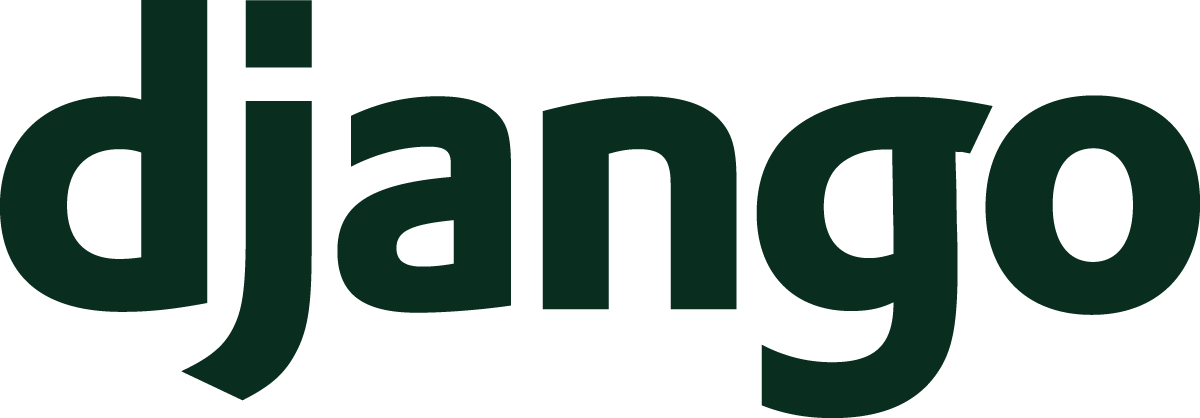Unveiling the New Features of Django 5.0

Django, the widely acclaimed Python web framework, has unveiled an exciting array of new features in its latest release, Django 5.0. These enhancements empower developers to craft robust and user-friendly web applications with greater efficiency and flexibility.
Simplified Form Field Rendering
Django 5.0 introduces the concept of "field groups" and field group templates, revolutionizing the way form fields are rendered. Field groups enable developers to group related form fields into logical units, simplifying the rendering process and promoting code reusability. This approach eliminates the need for repetitive code and streamlines the creation of consistent and visually appealing forms.
Expanded Options for Declaring Field Choices
Django 5.0 enhances the flexibility of defining choices for model and form fields. Developers can now utilize mappings or callable functions instead of iterables when specifying field choices. This expanded range of options empowers developers to dynamically generate choices based on data or calculations, catering to diverse use cases and scenarios.
Enhanced Python Compatibility
Django 5.0 embraces the latest advancements in Python, ensuring seamless compatibility with Python 3.10, 3.11, and 3.12. This compatibility allows developers to leverage the newest Python features and enhancements, maximizing the potential of their web applications. Additionally, Django 5.0 deprecates support for Python 2.7 and Python 3.7, paving the way for a more modern and secure development environment.
Database Default Properties
Django 5.0 introduces the ability to define default properties for database columns, streamlining database management and ensuring consistent application of defaults. This feature simplifies database configuration and eliminates the need for manual intervention, promoting code reliability and maintainability.
Accessibility Advancements
Django 5.0 prioritizes accessibility, incorporating enhancements that cater to the needs of users with disabilities. These improvements include enhanced support for screen readers, ensuring that web applications are inclusive and accessible to a broader audience.
Asynchronous Task Enhancements
Django 5.0 bolsters the asynchronous task framework, providing developers with greater control over asynchronous tasks. The framework now supports task cancellation and timeouts, enabling developers to effectively manage the execution of asynchronous tasks and prevent potential delays or issues.
In addition to these prominent features, Django 5.0 also encompasses a multitude of bug fixes and performance improvements, refining the overall stability and efficiency of the framework. These enhancements contribute to the development of robust and scalable web applications that meet the demands of modern web development.
With its commitment to innovation and accessibility, Django 5.0 empowers developers to create exceptional web applications that cater to a wide range of users. The framework's streamlined form field rendering, expanded field choice options, enhanced Python compatibility, database default properties, accessibility advancements, and asynchronous task improvements collectively elevate the web development experience, enabling developers to build exceptional web applications with greater efficiency and flexibility.
Last updated on Dec. 4, 2023, 5:39 a.m.